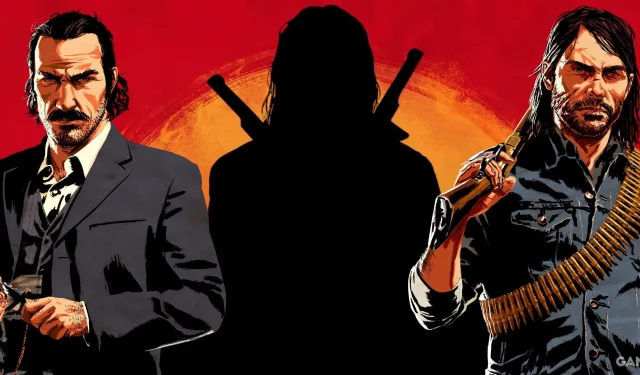
Following the immense success—both commercially and critically—of Red Dead Redemption 2, the possibility of a third installment seems not just probable but almost obligatory. However, the fan base remains split on whether a new game would genuinely come to fruition. Traditionally, the series encapsulates the thrilling lore surrounding gunslingers in the American West while also illustrating the poignant decline of that era. The original game concludes with protagonist Jack Marston in 1914, while the prequel navigates the tumultuous year of 1899. Many believe that a prequel is the most logical choice, but this instantly raises the question of who should front the narrative.
Key characters, such as Sadie and Charles, famously departed from the American frontier. A continuation featuring John or Arthur would inevitably tread over familiar territory, despite their immense popularity. Creating a story centered on a younger Dutch, who was instrumental in forming the Van der Linde gang, appears intriguing; however, placing Dutch in the main protagonist’s role risks unraveling the enigmatic qualities that define him. Discussions surrounding whether Dutch was capable of change or merely a cunning manipulator would lose their intrigue in the context of a long-form narrative. Although a prequel could delve deeply into compelling plotlines, finding a suitable protagonist who resonates with long-time fans might pose a challenge.
Micah Bell: The Ideal Protagonist for Red Dead Redemption 3
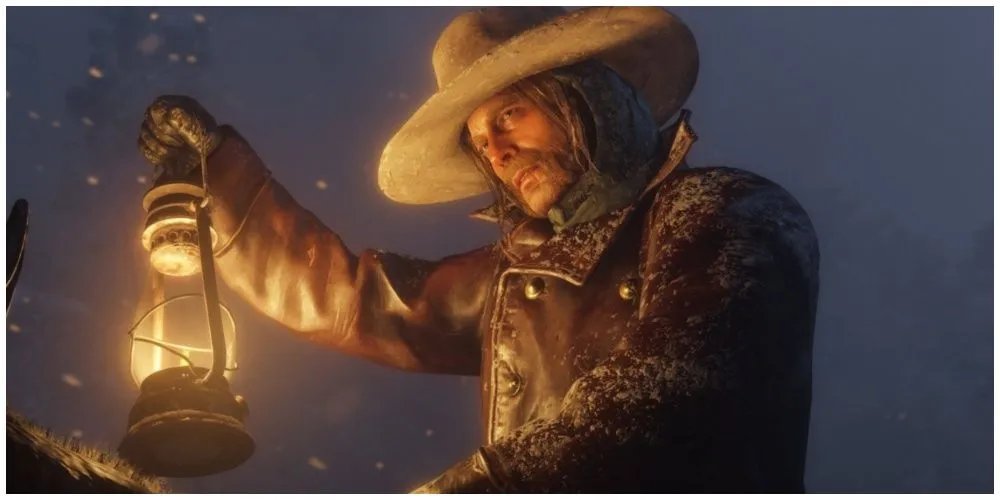
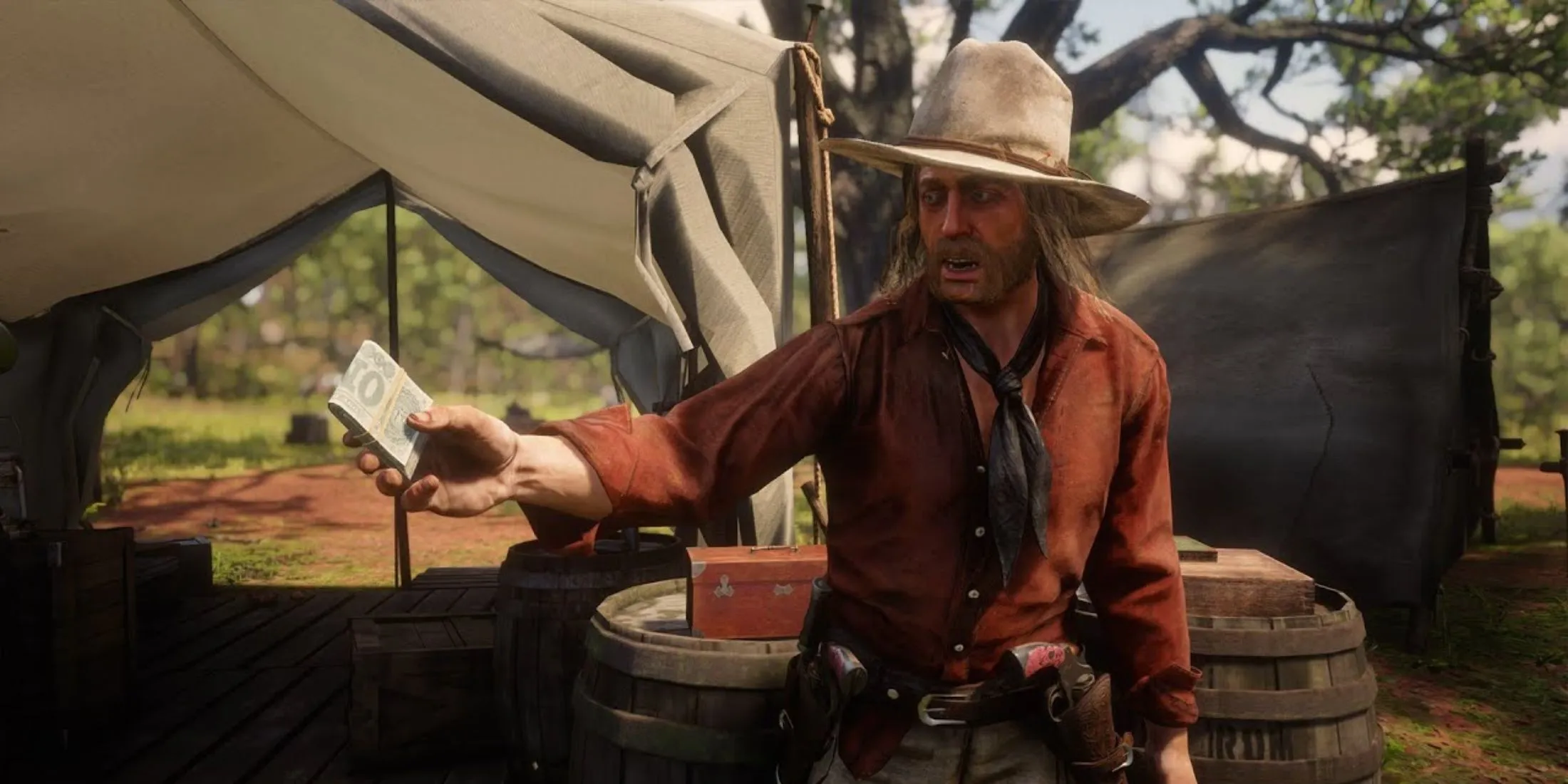
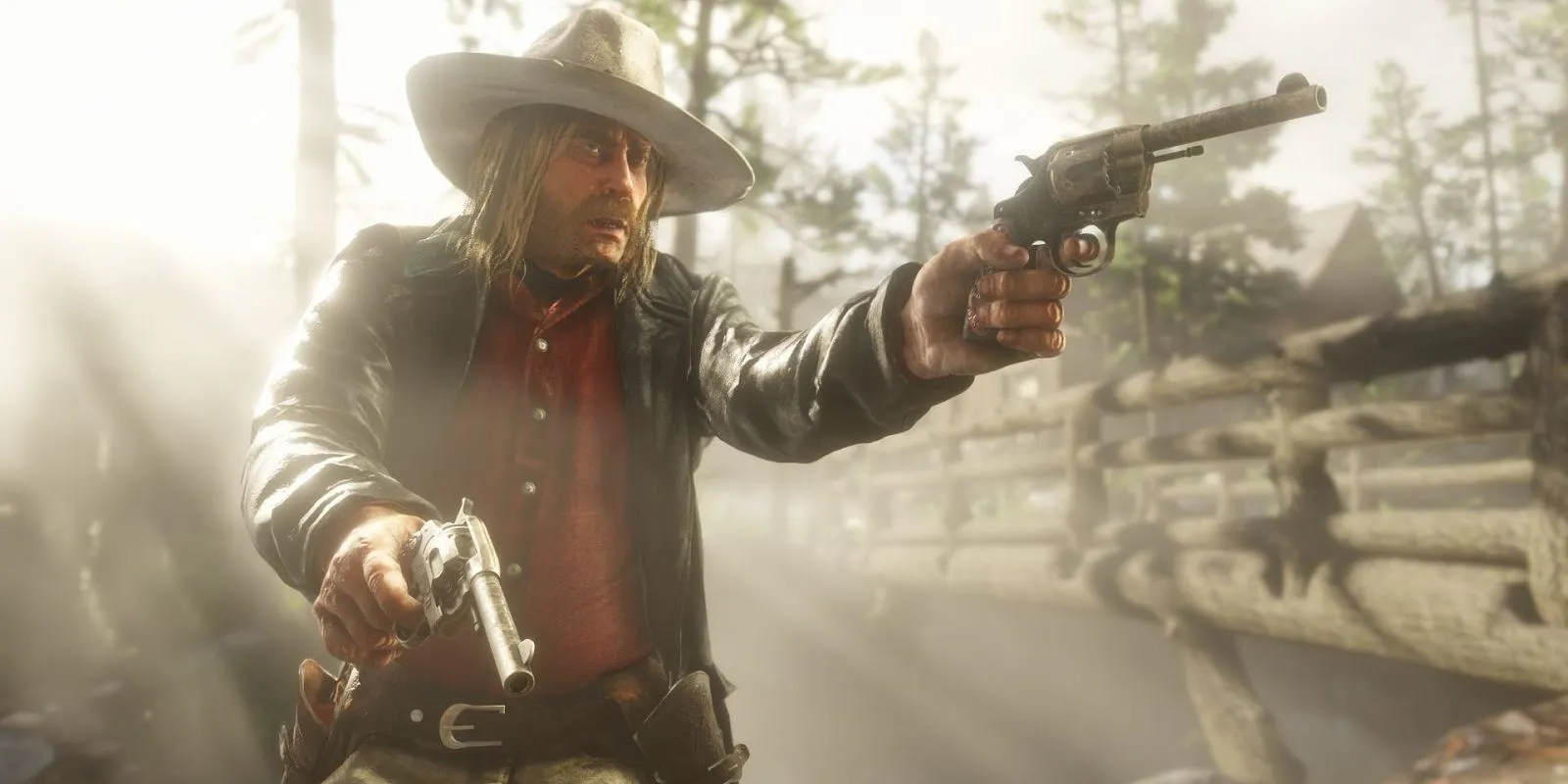
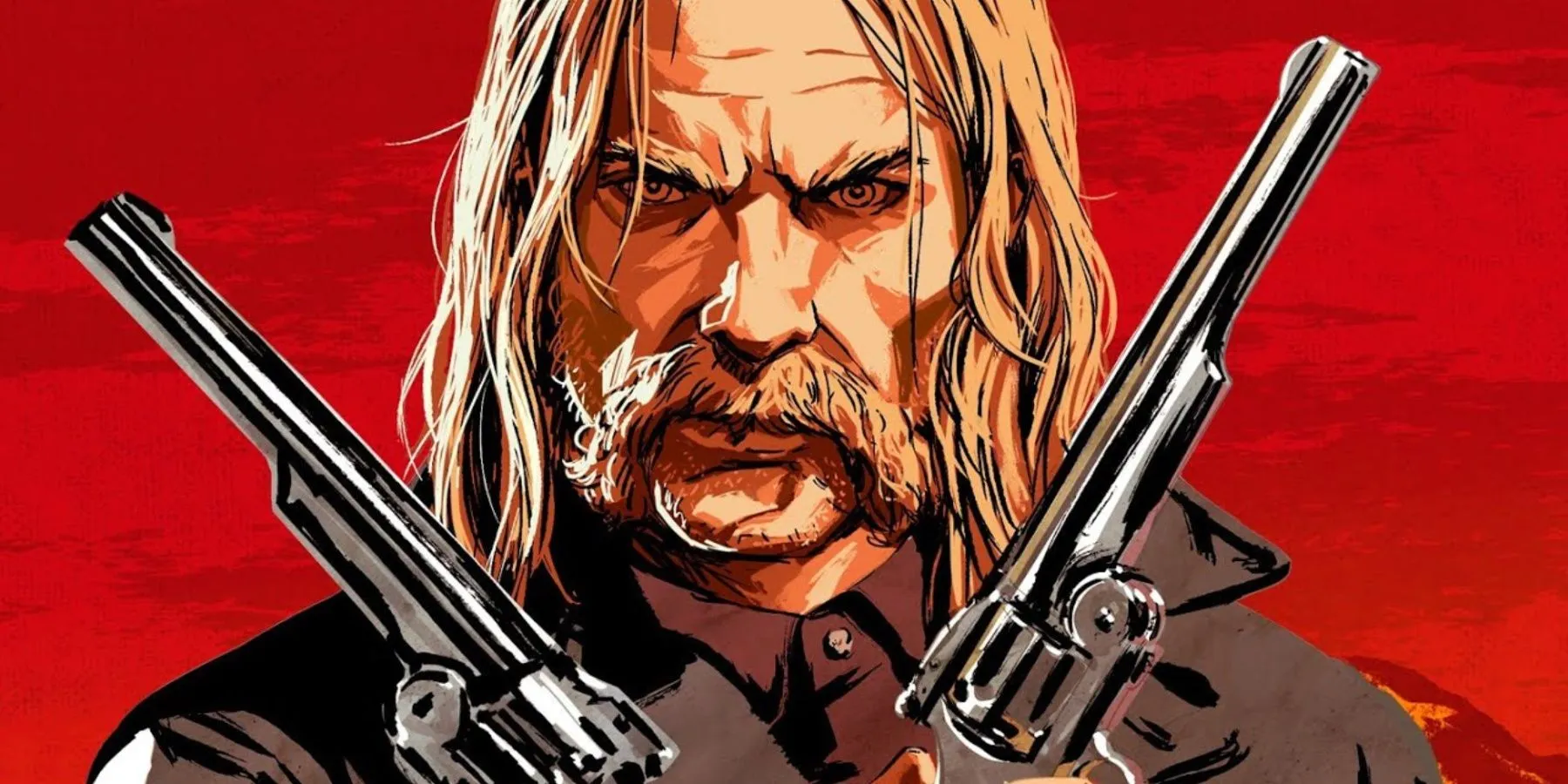
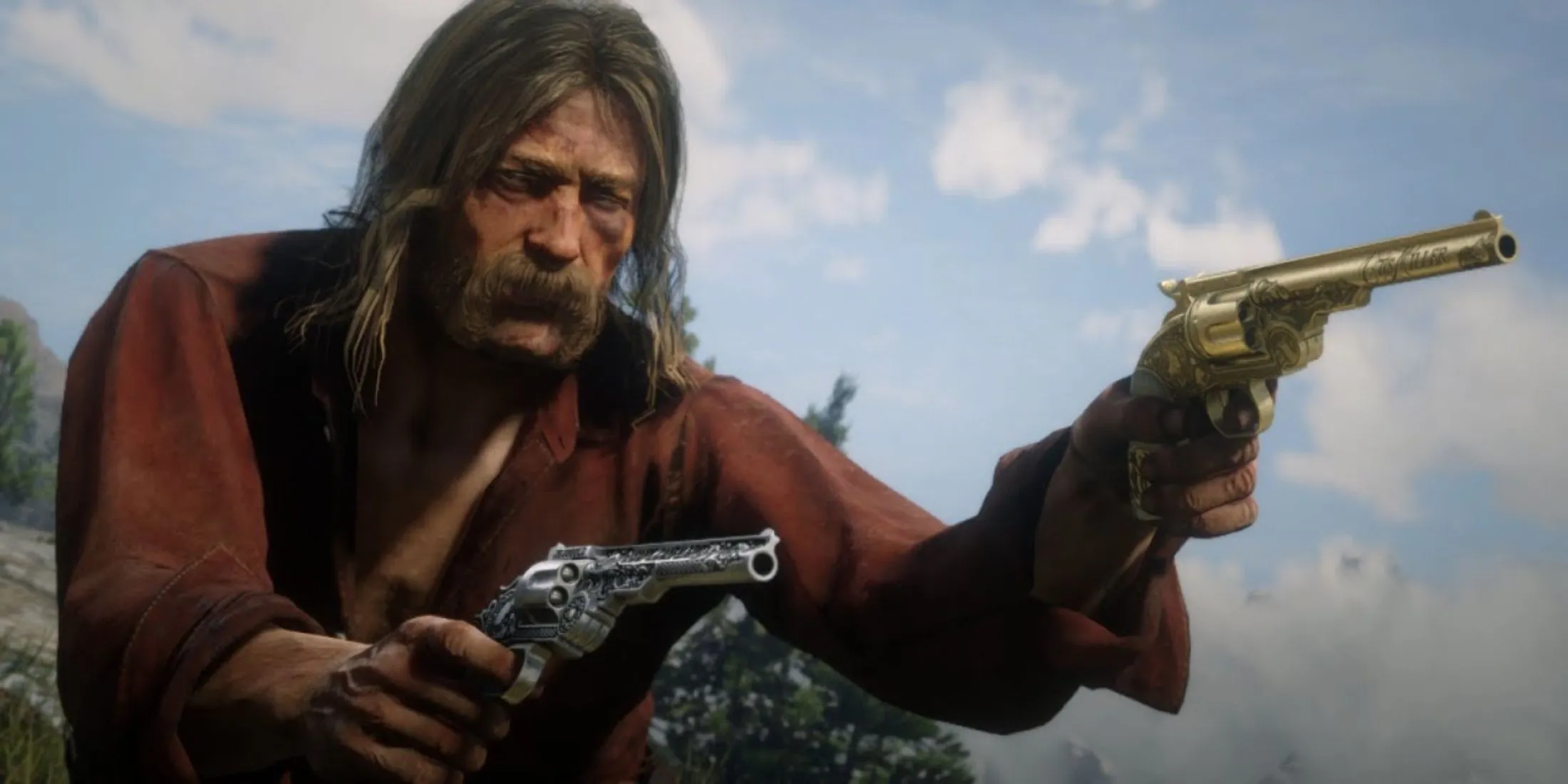
Among the pantheon of video game characters, Micah Bell stands out as one of the most reviled figures in gaming history, thanks in part to Rockstar’s masterful character crafting combined with Peter Blomquist’s effectively sleazy performance. His persona evokes a special kind of disdain and fascination, transforming him into a standout character in the Red Dead series.
Despite his unlikable traits, Micah Bell is an exceptionally skilled gunslinger. He demonstrated his prowess in significant moments, such as efficiently neutralizing threats in the town of Strawberry alongside Arthur and outmaneuvering John Marston in the climactic duel of American Venom. Ignoring his moral shortcomings, Micah’s expertise with firearms and his active role during the height of the Wild West offer a rich ground for an engaging gameplay experience.
Exploring Micah’s Intriguing Backstory
However, mere competency with a gun doesn’t equate to a captivating character. This is where Rockstar could delve into Micah’s past and paint a vivid portrait of his life before he crossed paths with Dutch and joined the gang at Blackwater. Throughout Red Dead Redemption 2, Micah hints at a tumultuous history, recalling his lineage steeped in criminal endeavors.
His brother, mentioned only in rather disdainful terms, adds complexity to Micah’s character. A significant detail arises in Chapter 4, where players can discover a letter from Amos Bell. This correspondence indicates hints of a deep-seated familial conflict. Amos expresses a mix of love for Micah and remorse regarding their father’s criminal legacy, culminating in a veiled threat should Micah choose to reconnect.
The tumult of their relationship likely mirrors the dynamics of the Van der Linde gang, characterized by betrayal and heartbreak. However, Micah’s backstory could be injected with unique elements that distinguish it from Arthur’s tale. With less societal pressure and law enforcement scrutiny, the narrative path for the Bell brothers could explore their demise in an authentic, engaging manner.
A prequel focusing on Micah might also introduce significant characters from his past like Joe and Cleet—two guns who are primarily forgettable in Red Dead Redemption 2. Just as Rockstar enhanced Bill and Javier’s characterization from the first game, there’s potential to develop Joe and Cleet into more substantial roles.
A Micah-Centric Game: A Unique Narrative Twist
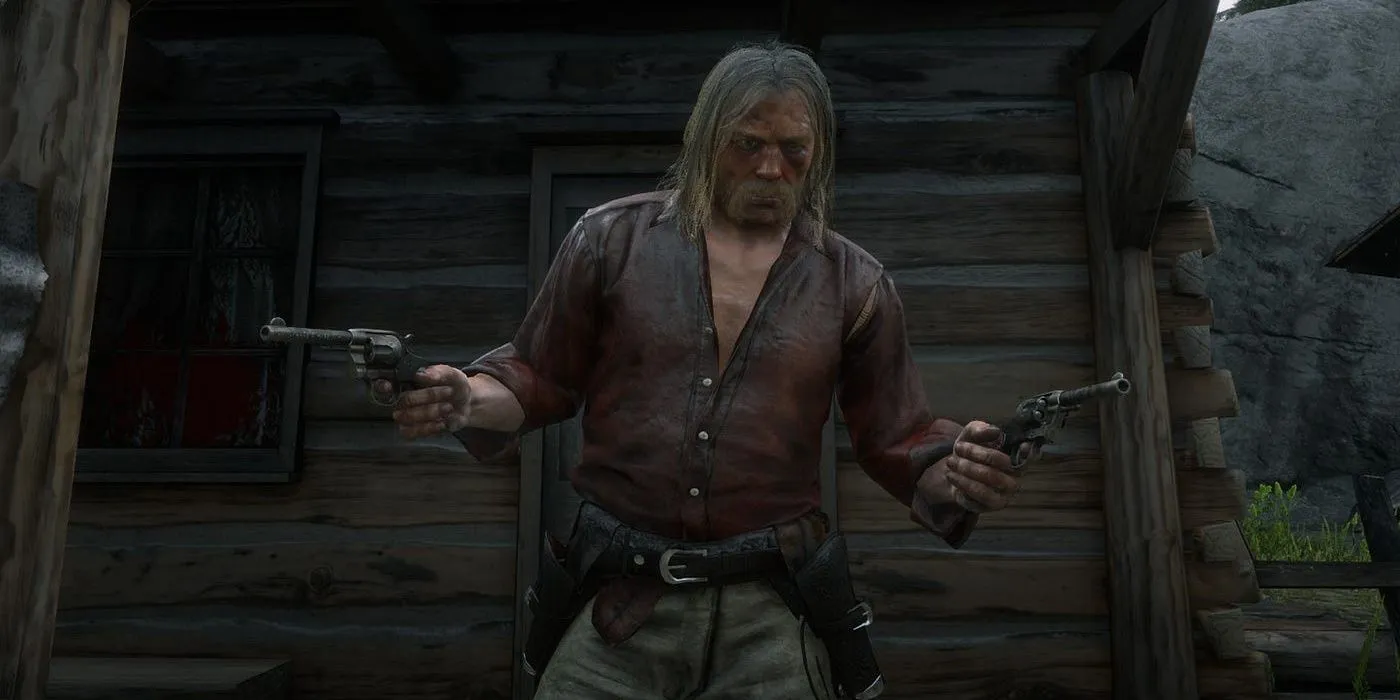
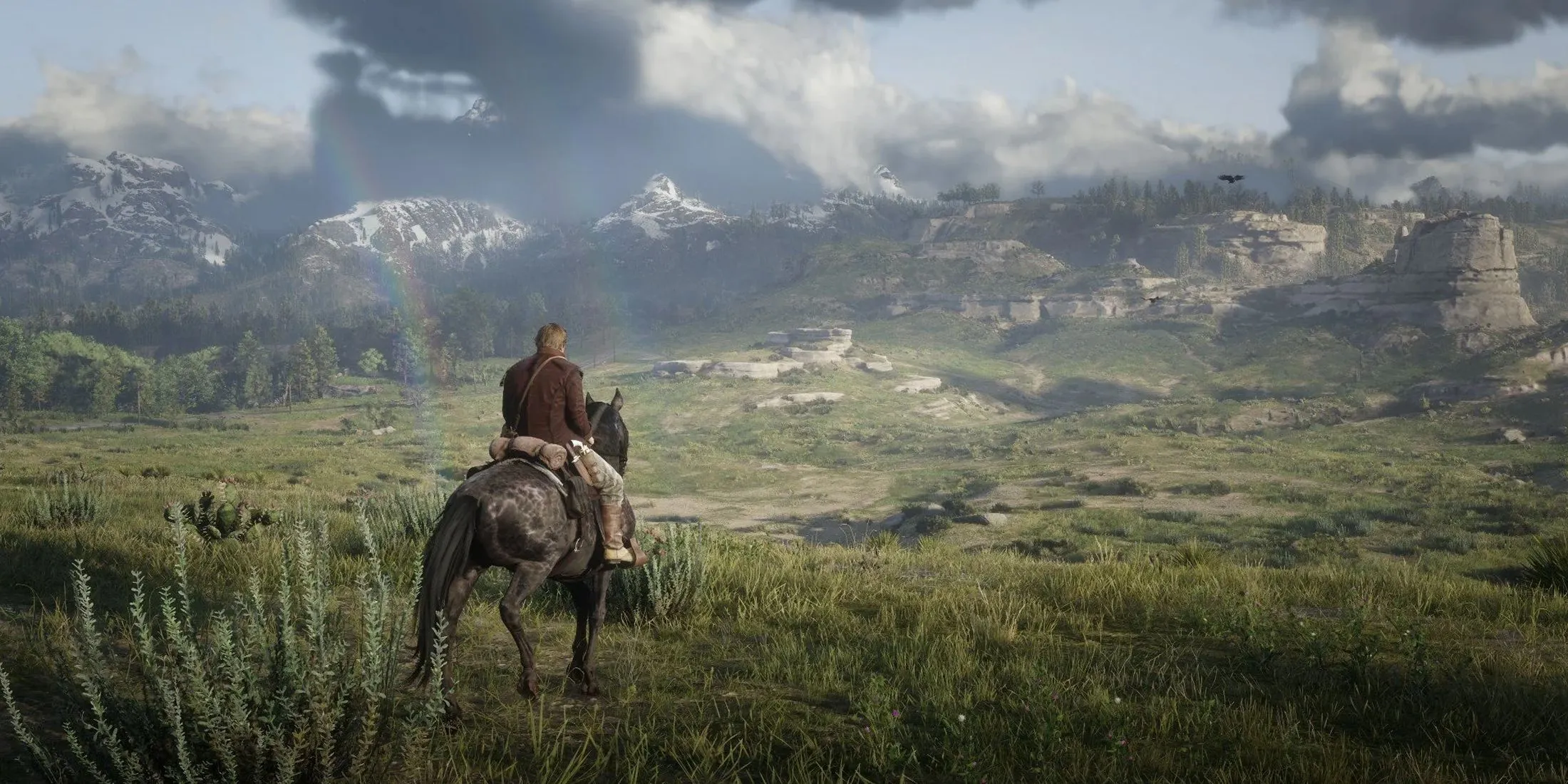
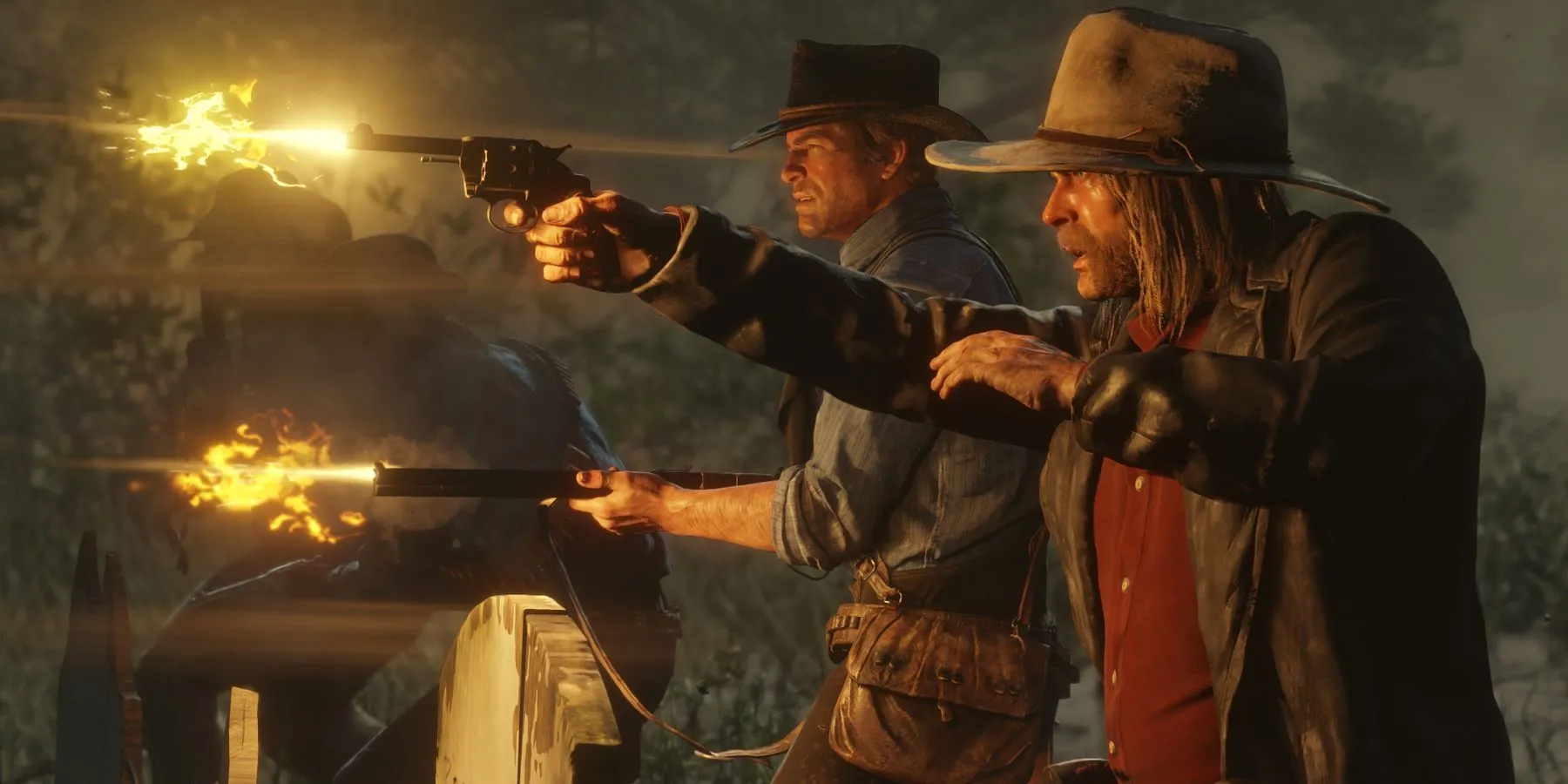
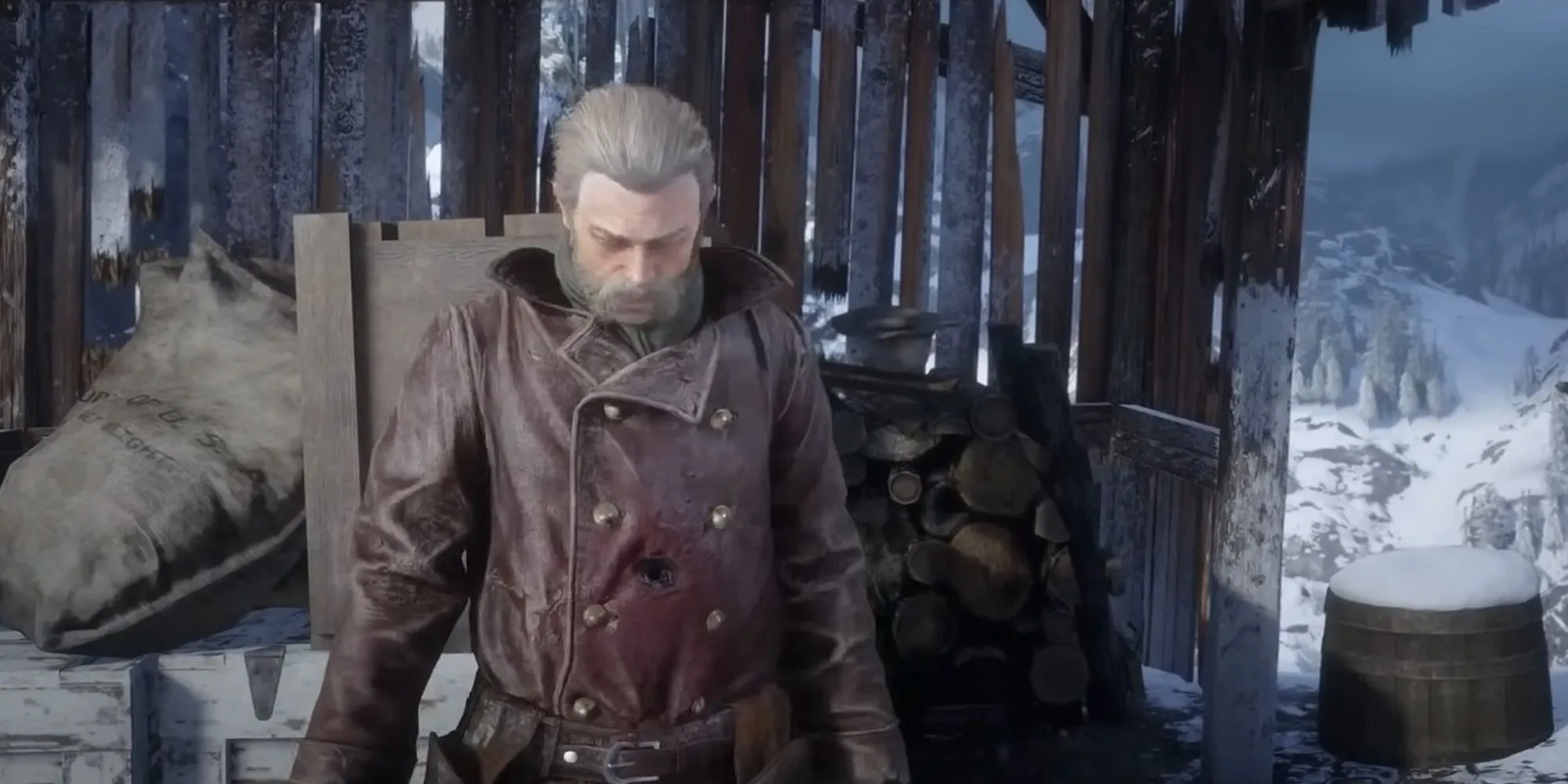
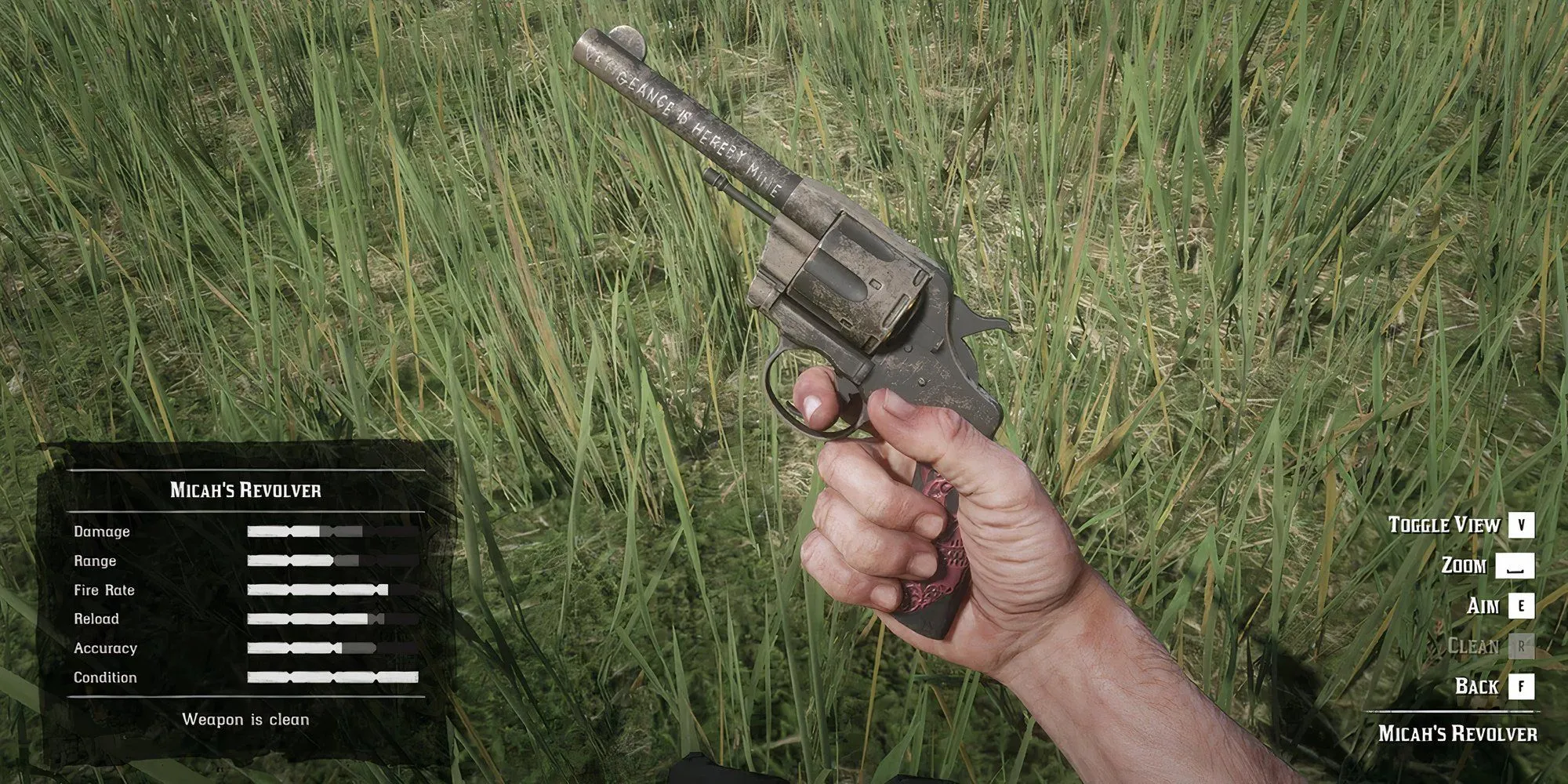
The narratives of both previous entries in the Red Dead series strongly emphasize redemption arcs for their central figures. John embarks on a quest to confront his former gang members, ultimately sacrificing himself for the safety of his loved ones, while Arthur seeks to assist those around him before ensuring John’s future. The duality exists in their character progression toward nobility despite their criminal pasts. Conversely, Micah’s narrative is tragically steeped in villainy; his story ends with his demise on a snowy mountaintop, eliciting cheers from players who have long seen him as the series’ antagonist.
While Micah’s arc cannot conclude in redemption, crafting a storyline that remains true to the series’ overarching themes is still possible. Micah’s self-proclaimed survivalist mentality offers a captivating exploration of how he developed such a worldview. Most likely, he was not always the backstabbing opportunist players know him as today, but rather a man shaped by his unforgiving environment.
The brutal landscape of the Old West could easily twist even the noblest souls into morally ambiguous characters. Portraying Micah Bell as someone who started with relatively honorable intentions yet was eventually corrupted by his circumstances would provide a refreshing counterpoint to the traditional redemption stories presented in other entries. This evolution could be depicted as a narrative of decline, culminating in his recruitment into Dutch’s gang and triggering momentous events like the infamous Blackwater Ferry Massacre.
A Promising Concept, Yet a Challenging Pitch
There’s a wealth of narrative material ripe for exploration in a Micah-led origin story set against the backdrop of the Old West’s heyday. However, despite its potential, persuading long-time fans to embrace this vision would likely prove challenging. Many veterans of the series recall their hesitance surrounding Arthur taking center stage back when he was an unsophisticated character.
Convincing players to embody a character they largely loathed in the preceding game poses a significant obstacle. Yet, if any studio could navigate this complex storyline, it would undoubtedly be Rockstar. They have successfully transformed antagonistic figures, such as Trevor Phillips, into beloved, nuanced characters in their games, demonstrating their ability to weave intricate narratives that engage players on various levels.
Ultimately, the Red Dead series encapsulates a motif of tragedy: the disintegration of a gang that functioned as a family, Arthur’s illness and tragic demise, the betrayal and downfall of Wapiti, John Marston’s sacrifice, and the ambiguous fate of his son, Jack. Positioned alongside these narratives, the evolution of Micah Bell into the malevolent figure he ultimately becomes offers a rich avenue for exploring themes of corruption and loss within an unforgiving frontier.




Leave a Reply ▼